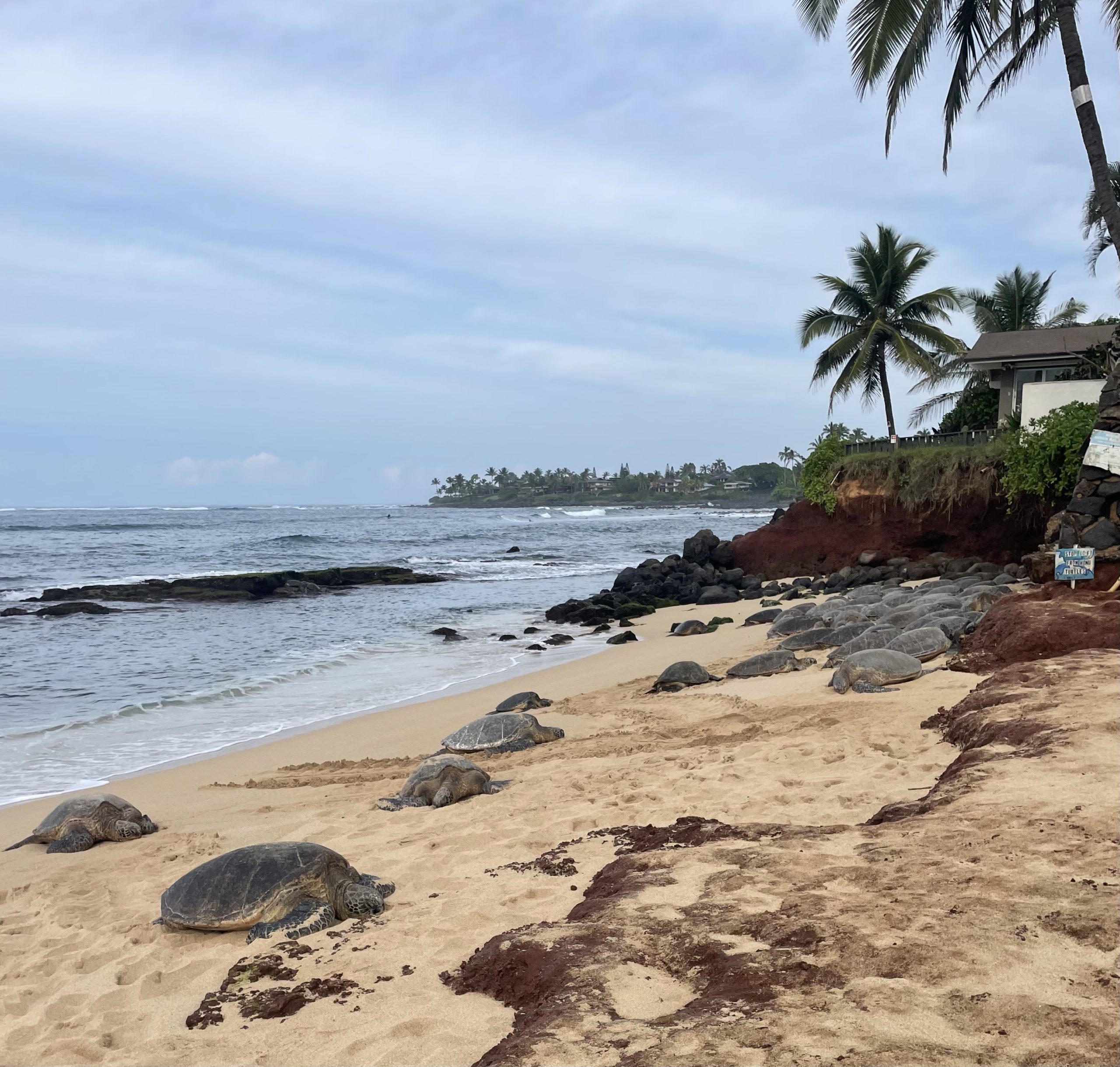
Pono, like aloha, embodies many important meanings. When we specifically say to travel pono, we are asking visitors to travel responsibly and thoughtfully. Here on Maui, we are ready to welcome our guests back for the holiday season after the devastating fires in Lahaina and Upcountry. But first we ask for kokua (help) in taking the necessary steps that protect Maui and preserve its culture, natural resources and communities.
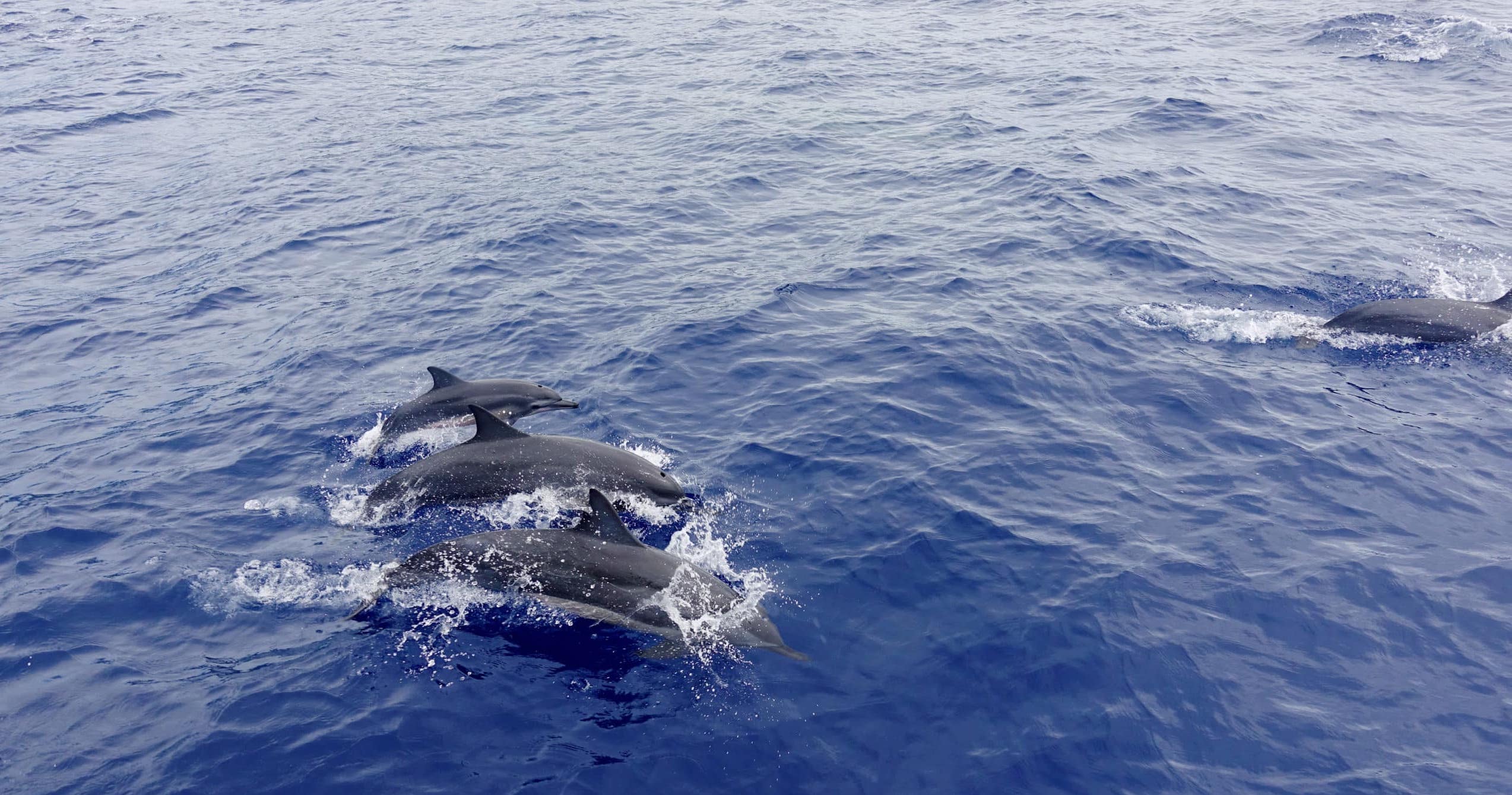
Maui is a unique and beautiful place with extraordinary culture, coral and marine ecosystems, mountains, and streams. All of these are interconnected, from the wildlife to the people. This means that all of our actions matter in protecting this place we love. To travel pono means understanding this connectivity. It’s respecting and acting with care in every step we take. As more visitors return to exploring this incredibly special island, it is important to remember that the places we go to are also the homes of other people and creatures.
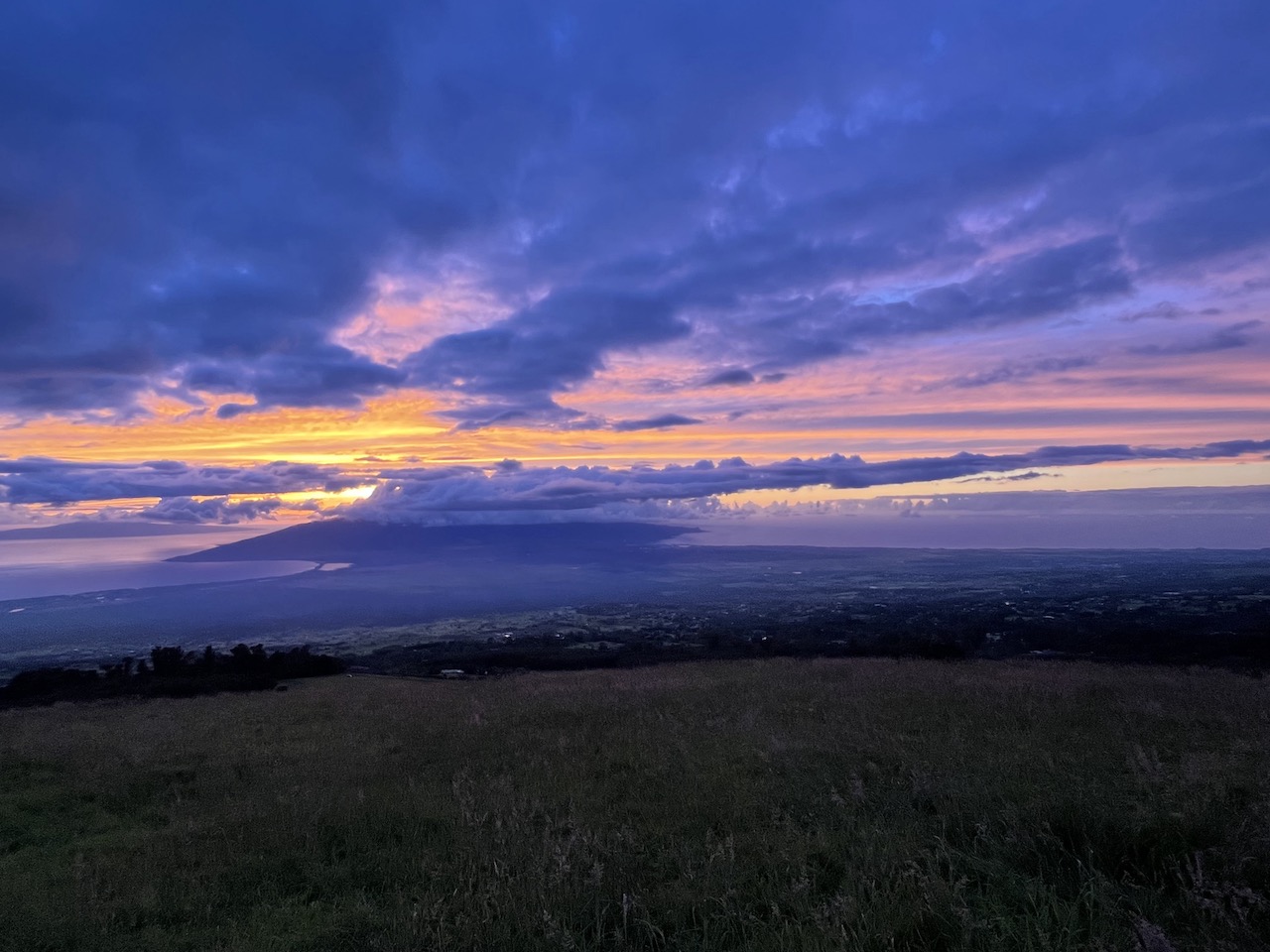
In Maui, we see the growing impact of consumerism as plastics wash up on our shores, coming from both our own home and afar, and impact our islands’ marine life. Education on how to stop plastic pollution at the source is what leads to change; this is where you can make an impact. Before you leave, pack a reusable water bottle as well as your own bags, and bring them with you wherever you go. These small daily actions by all of us can change the way business is done and prevent plastics from polluting our oceans.
Best Ways to Travel Pono
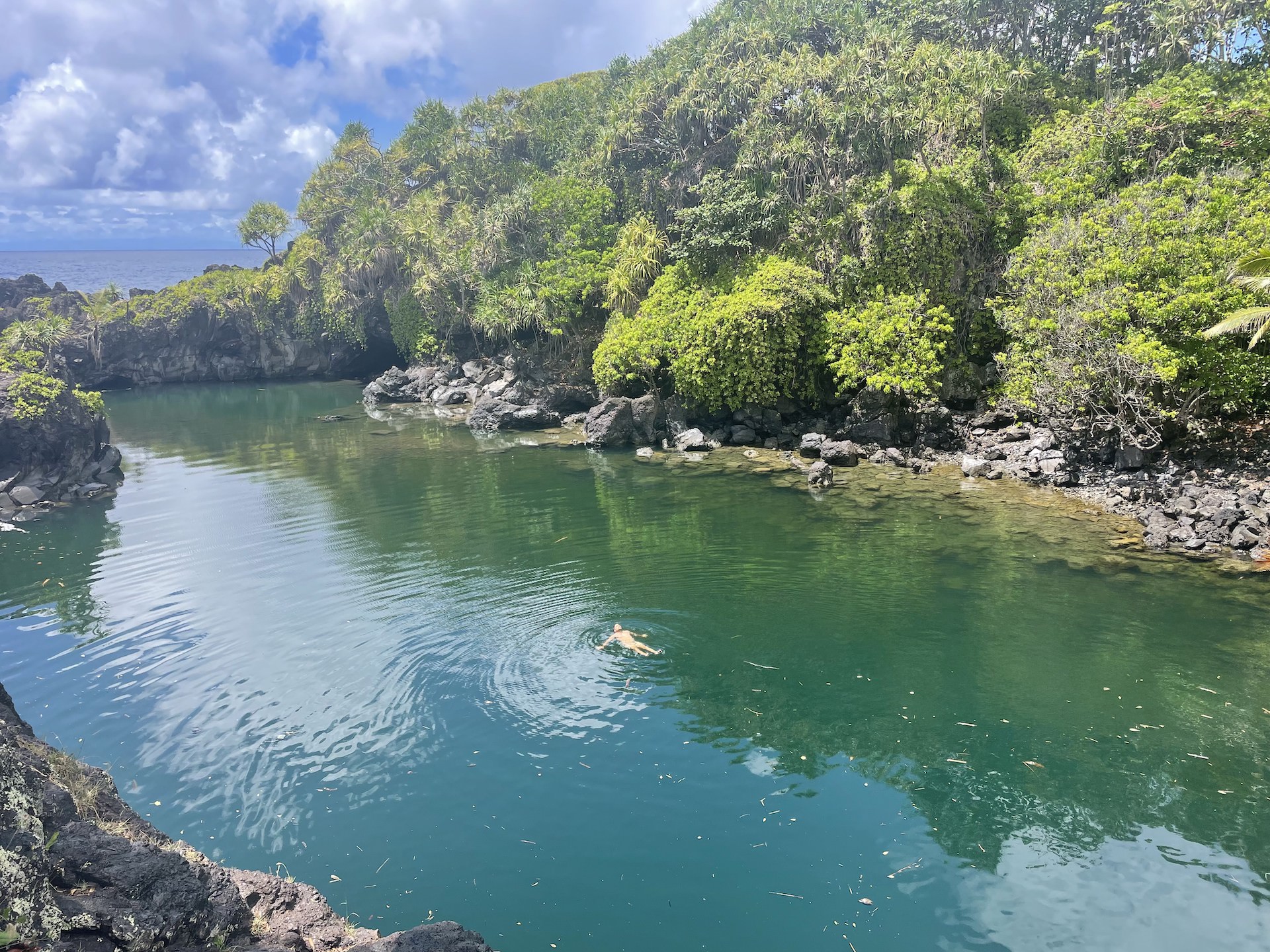
The Nature Conservancy has been working on Maui and around Hawaii for more than 40 years. Their mission is to protect the lands and waters on which all life in these islands depend. From their deep experience, we have all become more attuned to the pulse of our forests and reefs. Some of which harbor plants and animals that exist nowhere else on Earth. With the knowledge gained over nearly a half-century, heed the following tips on how to travel pono, stay safe and preserve the nature you have come to see and enjoy:
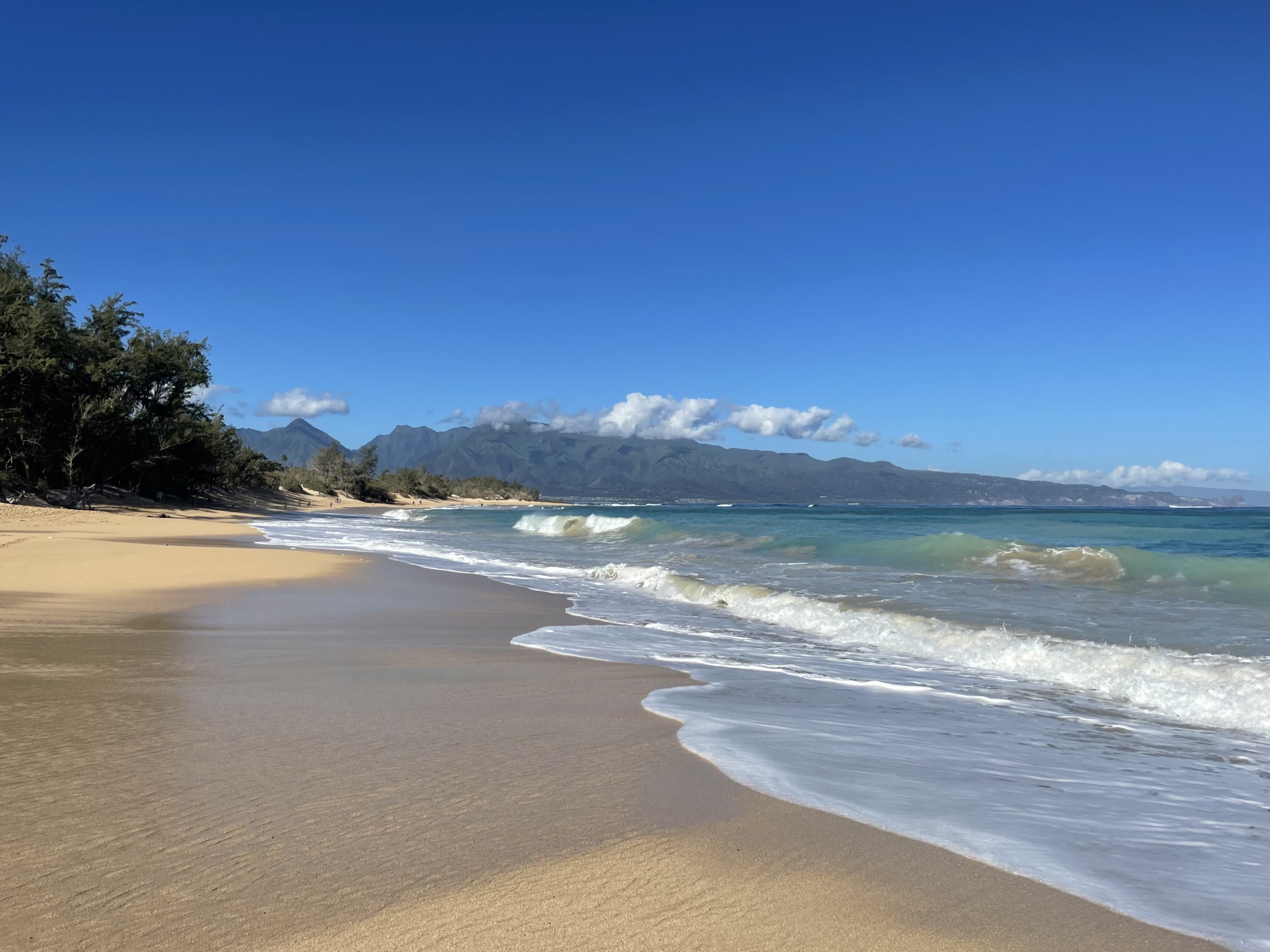
- Have a light footprint. Seek ways to limit or offset carbon emissions resulting from your travel to the islands and your activities while visiting.
- Avoid high-traffic times at crowded sites. Large crowds scare off wildlife, can damage habitat and are less enjoyable.
- Read signs at hiking trails and beaches and follow their guidance. Stay on authorized trails and avoid areas where access isn’t allowed. This is to safeguard you from hazardous conditions and to protect our unique wildlife and natural areas.
- Give wildlife—such as sea turtles, native birds and monk seals—space. These are wild animals that may act unpredictably, so keep a safe distance.
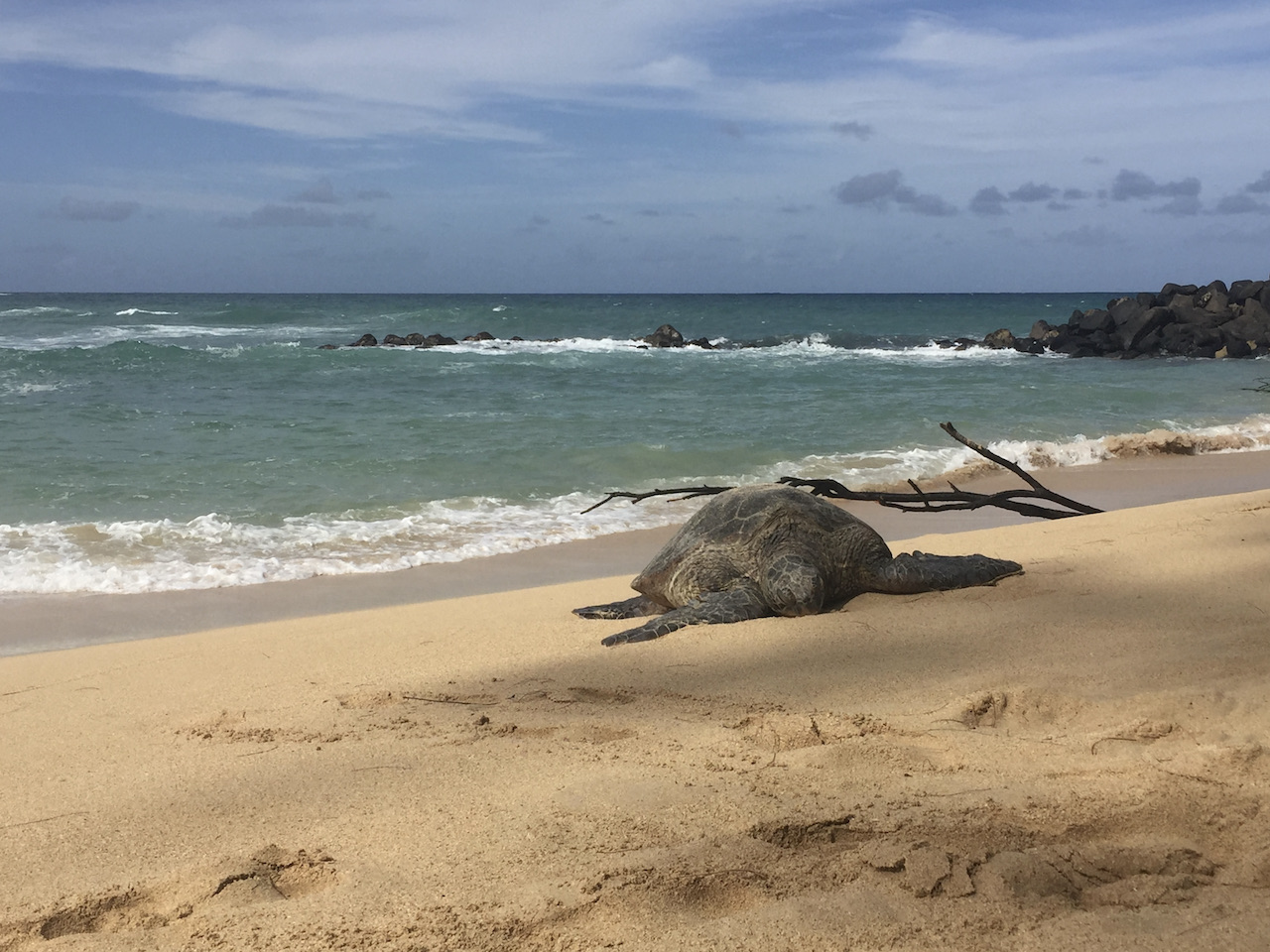
- Use water wisely. All of our fresh water comes from rain and mist captured by our native forests. Learn about work to protect watersheds throughout Hawaii.
- Tend to your trash. Animals can suffer by eating package wrappers or plastics left behind (plus it’s unsightly!). Remember to bring a bag so you can carry trash securely until you can place it in proper waste receptacles.
- Seek volunteer opportunities to learn more and give back to this special place. Volunteering deepens your connection with the people and places you came to visit, creating memories and helping Hawaii maintain its natural and cultural beauty.
Discover Our Beaches, Parks and Trails Safely
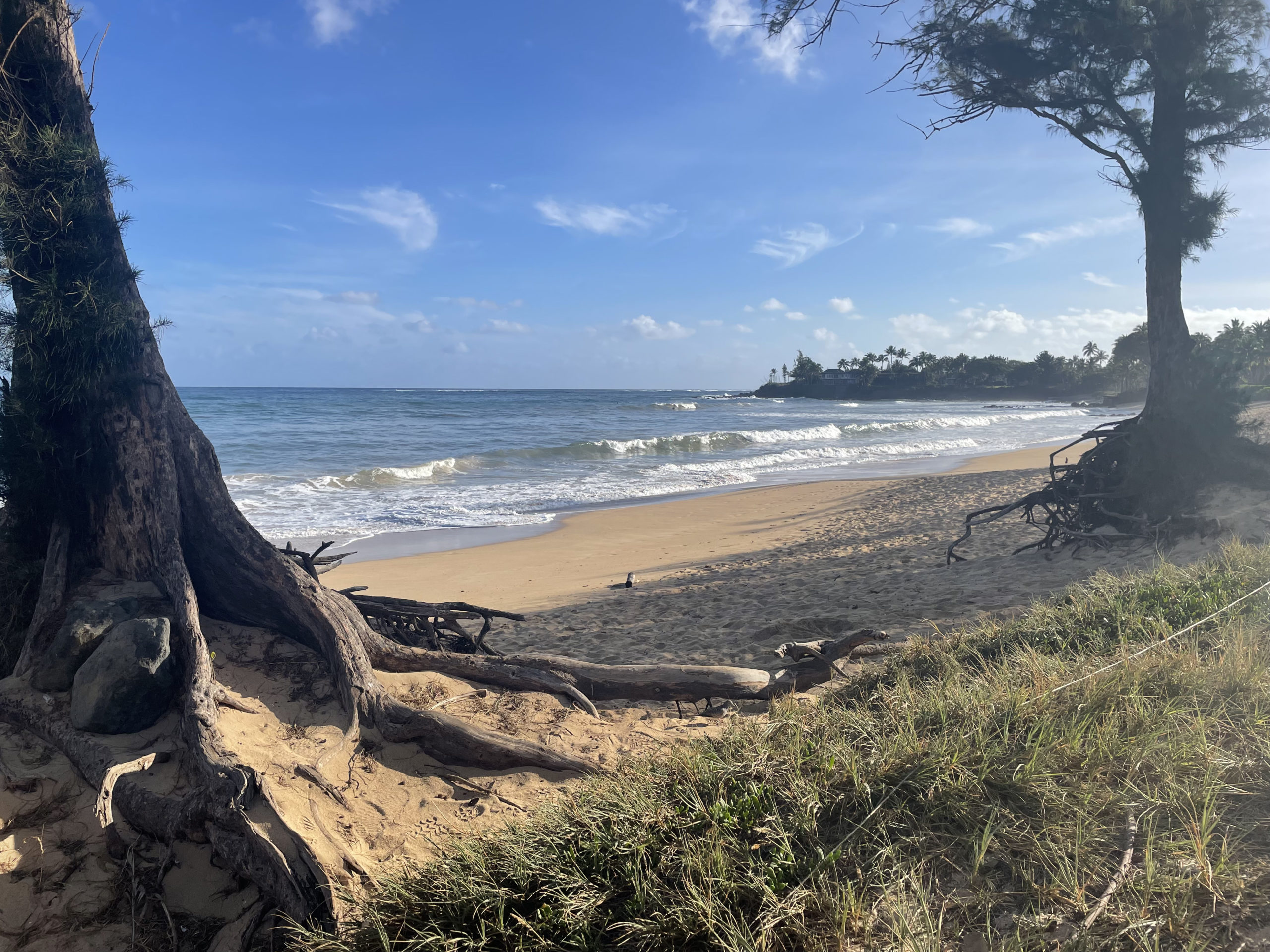
- Adopt a responsible approach when visiting beaches or parks: carry out all items you bring, and avoid overburdening public trash facilities. Strive to enhance the environment by removing any misplaced items from the sand or water.
- Respect closed areas: some of Maui’s outdoor locations may be temporarily inaccessible for maintenance or restoration. Compliance with these closures supports their rejuvenation.
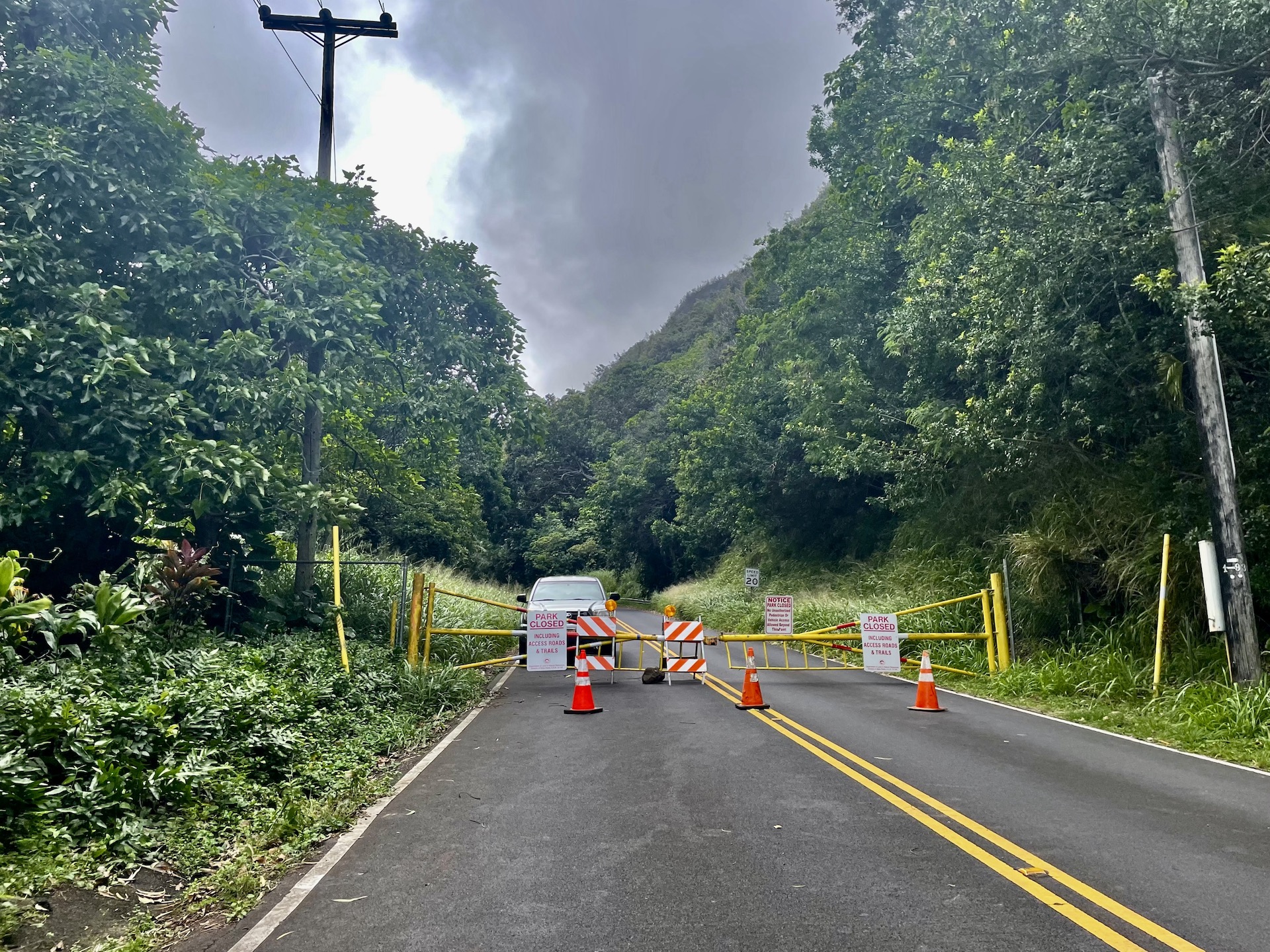
- Embrace local culture and knowledge: particularly in areas like Iao Valley in Central Maui. Consider participating in volunteer activities offered by nonprofit organizations and eco-tours for a deeper, rewarding experience while contributing positively.
- Stick to marked trails: to safeguard Hawaii’s unique ecosystem, home to endemic species which are highly susceptible to invasive threats. Remaining on trails minimizes erosion, invasive seed dispersal, and the risk of getting lost. Additionally, ensure your outdoor gear and footwear are clean before and after trail use to prevent the spread of invasive species.
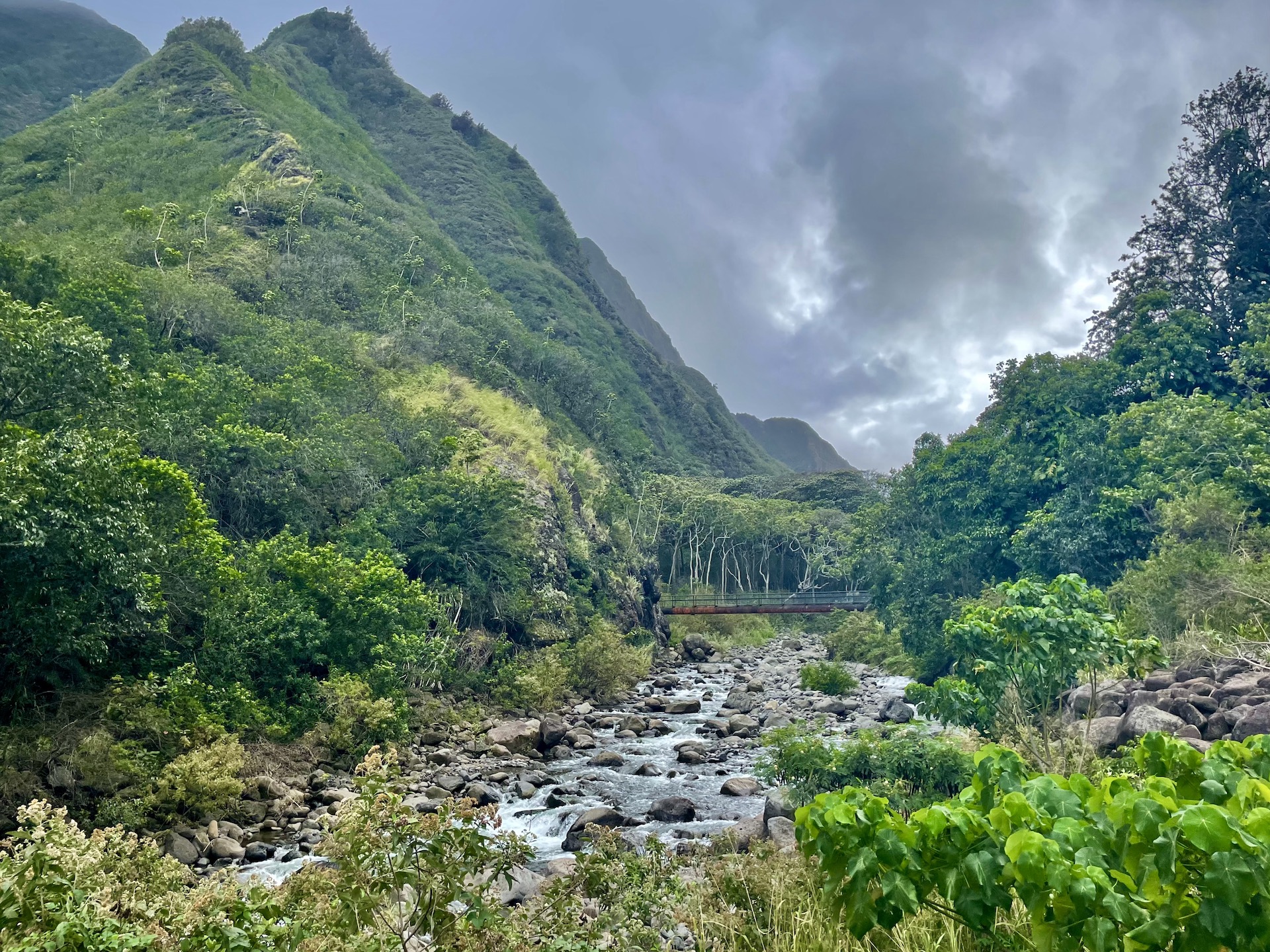
Protect Our Coral Reefs
Coral reefs are actually living organisms! As such, they require careful handling during snorkeling or other diving activities. Adhere strictly to safety measures and local regulations, avoiding physical contact with corals or marine life. Opt for reef-safe sunscreen, or better, use rash guards or sun-protective suits to limit sunscreen application. Ensure all personal items, including toys, are secure to prevent ocean pollution.
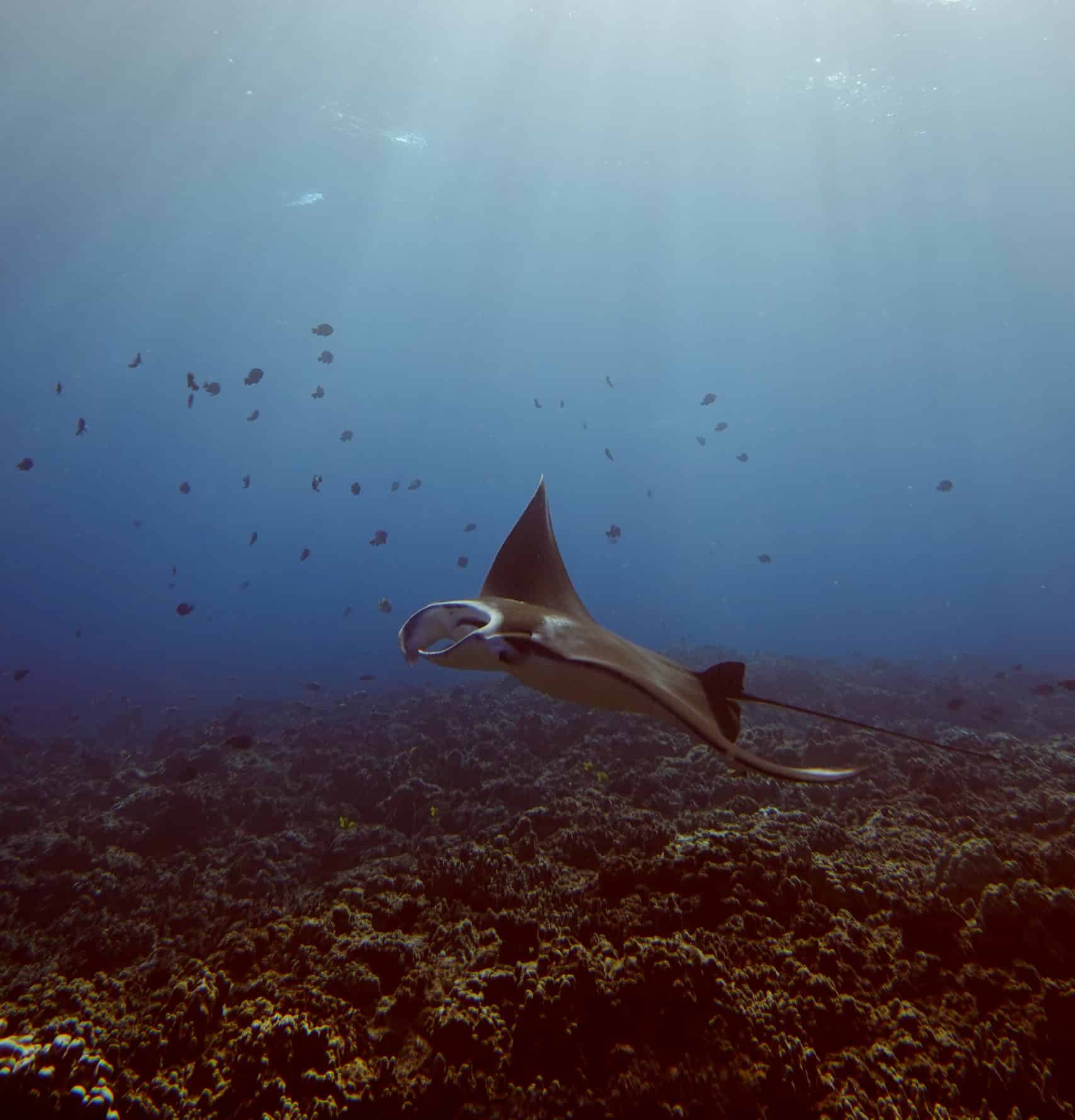
The recent reduction in tourism has provided a unique chance to study oceanic changes with less human impact. Globally, efforts are concentrated on combating the primary threats to coral reefs: over-fishing and coastal pollution, alongside assisting coral adaptation to climate change. Locally, in Maui, our focus is on stream bed restoration to decrease sediment influx into the ocean, protecting the coral reefs. It is imperative we collaborate with visitors and local communities alike to reduce wastewater runoff.
Travel Pono: Visiting Maui Responsibly
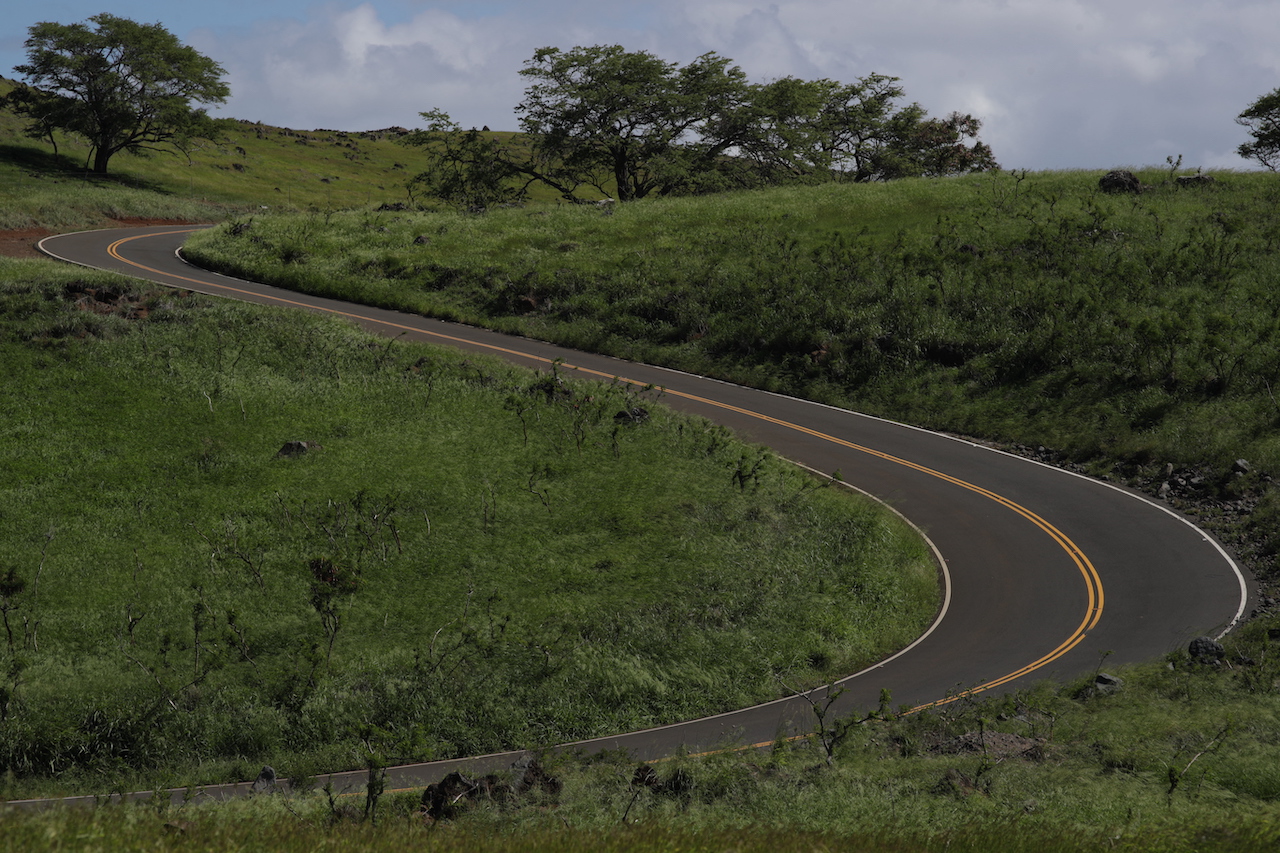
Traveling pono in Hawaii, especially Maui, is an invitation to engage in responsible and thoughtful tourism. This concept, akin to the spirit of aloha, encompasses a deep respect for the island’s unique culture, vibrant coral reefs, diverse marine life, majestic mountains, and serene streams. These natural wonders are inextricably linked to the local community and wildlife, highlighting the significance of every action taken by visitors.
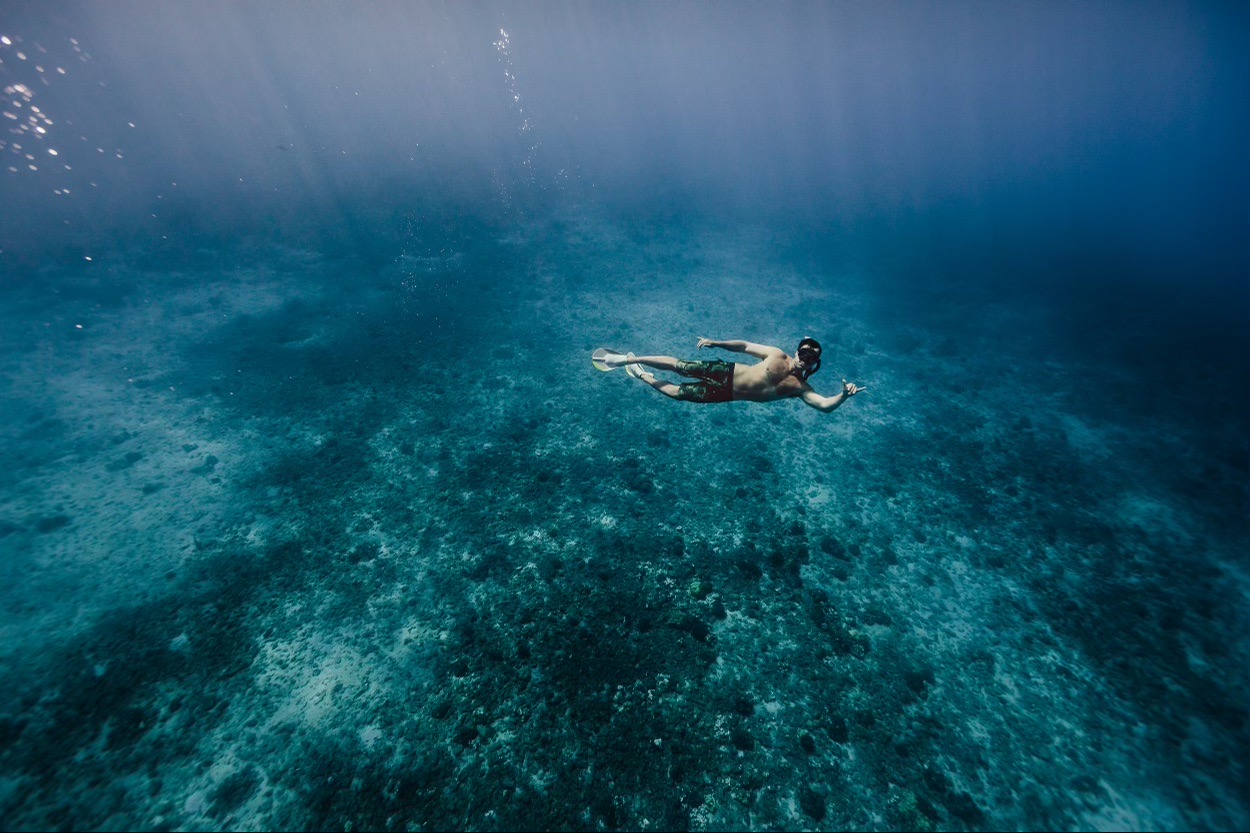
Embracing pono travel means acknowledging and respecting this interconnectedness. It involves acting with consideration and care in every aspect of your visit. As we return to explore Maui’s enchanting beauty, it’s crucial to remember that our destinations are not just attractions, but also habitats and homes to local communities and wildlife. In doing so, we contribute to preserving Maui’s culture, natural resources, and the well-being of its communities, ensuring it remains a cherished destination for generations to come.
Contact a Maui Real Estate Specialist
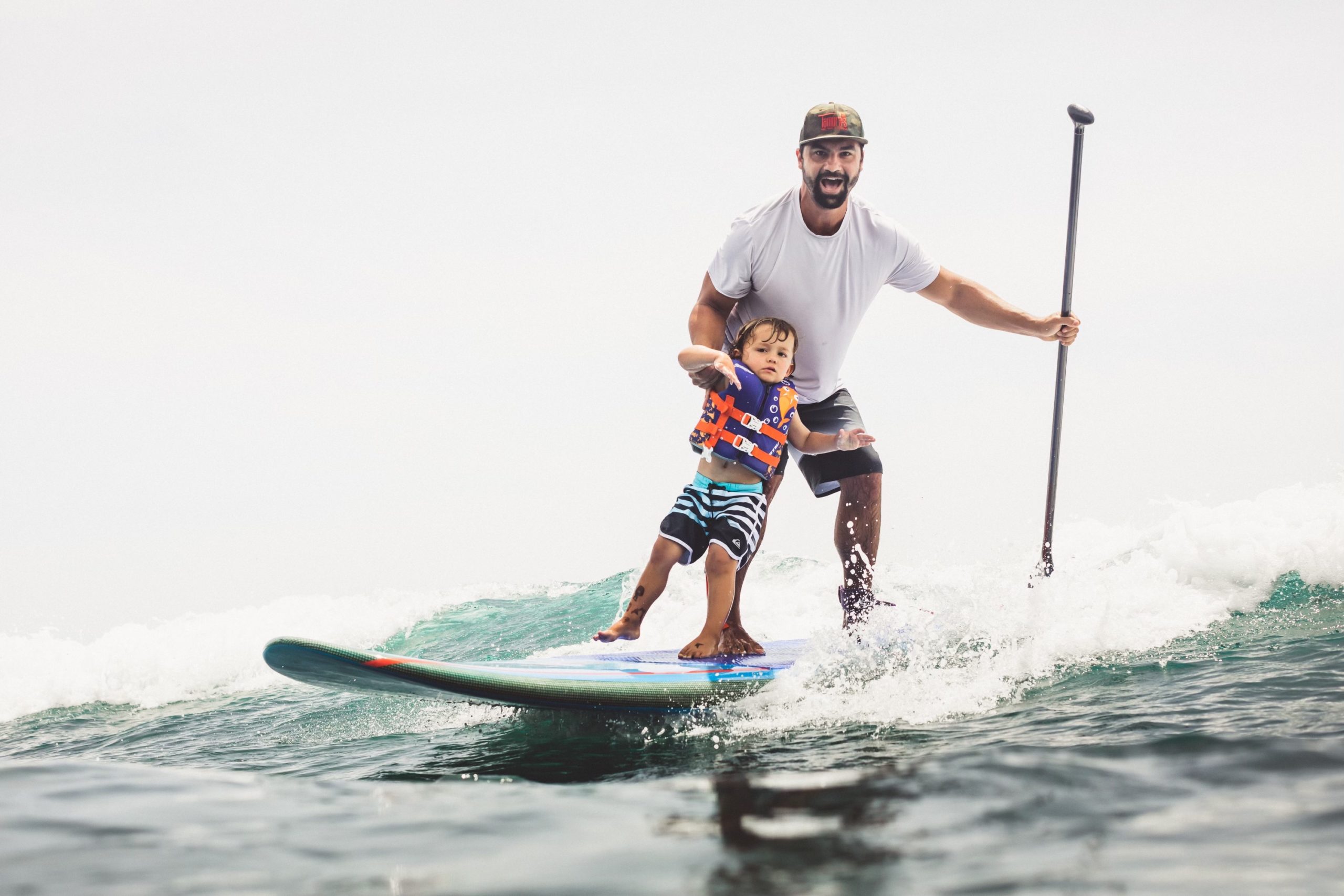
Beyond being a trusted advisor in the real estate market, your REALTOR should be a professional who recognizes their role in supporting your wealth building and wealth preservation. Helping to magnify wealth is one of the core values of The Sayles Team; a set of guiding principles for how we serve our clients at the highest level. As experts in the field, we are constantly learning and providing guidance about making the wisest choices for the future. If someone you care about needs guidance or recommendations, please share our contact information and we would be honored to help them! If you would like to receive our in-depth market update or would like an evaluation of your property’s value we would love to hear from you.
Aloha,
Anthony Sayles R(S)
808-280-6532